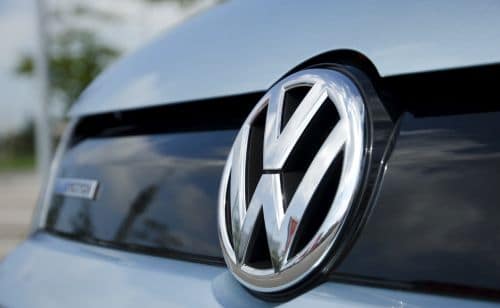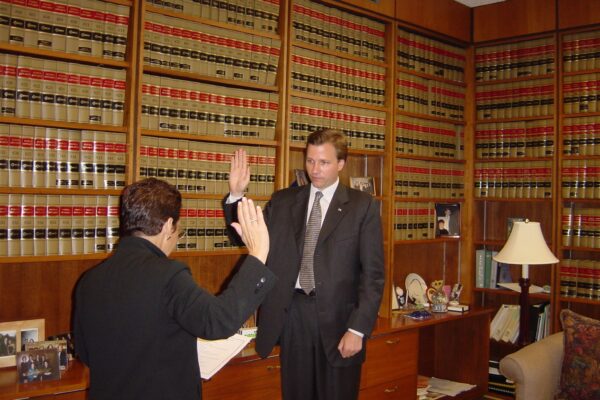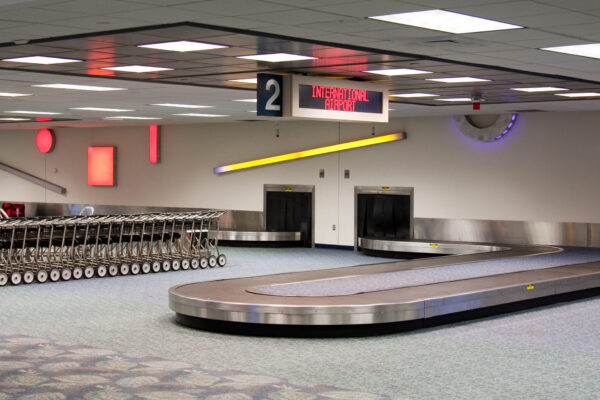For corporate directors, Volkswagen AG’s “Dieselgate” is a textbook case of how a lack of effective corporate governance has led to worldwide criminal investigations and a loss of public confidence. Corporate directors and millions of Americans who enjoy driving VW cars, as well as Audi or Porsche vehicles (both are VW subsidiaries), have been following the nearconstant media coverage focused on the company’s handling of its “Dieselgate” crisis over the past two years. Some recent highlights:
■■ Interpol issued five international arrest warrants for indicted VW executives, and in January one German manager was taken into custody at the Miami airport after a Florida vacation.
■■ In an unprecedented move, the German offices of the American law firm Jones Day (of counsel to VW’s supervisory board) were raided in March by German authorities.
■■ One of Germany’s most respected and experienced journalists regularly refers to the VW diesel scandal as “Germany’s largest corporate scandal.”
So have the board’s actions come under intense scrutiny? Have new, independent directors been recruited and complacent directors replaced since the scandal first became public in September 2015?
When my article analyzing VW’s diesel scandal from an effective corporate governance perspective was published (“Why the Volkswagen Board Appears Stuck in Low Gear,” NACD Directorship, March/April 2016), we were about six months into VW’s corporate crisis, and the supervisory board of Germany’s largest corporation had yet to take any concrete steps not only to contain the damage but to ensure that nothing like it could happen again. My analysis at the time highlighted the three principal factors contributing to the emergence of the crisis:
■■ A supervisory board composed of non-independent directors who were either unwilling or unable to effectively challenge management.
■■ VW’s corporate culture, which tended to discourage dissent and emphasized an outsized respect for company hierarchy.
■■ A business decision to “bet the company” on diesel engines (versus hybrid or electric drivetrain technology), putting enormous pressure on engineers struggling to meet increasingly strict government emissions standards.
Examining these three factors, the decision to invest heavily in diesel technology was effectively “water under the bridge” when the crisis emerged, since the company had already spent decades and billions of dollars and could not turn back the clock. Massive “sunk costs” tend to make it more difficult to acknowledge strategic mistakes. Nonetheless, all companies make strategic mistakes. While painful for shareholders, rarely does one such mistake prove fatal.
The second factor, corporate culture, is not an easy one to fix. Corporate culture develops over many years, and in VW’s case, over many decades. Various chief executives set the “tone at the top” through their words and deeds, modeling behavior observed by all layers of the corporate hierarchy and management. Even with a board committed to changing a company’s culture, it is not possible to simply pass a motion at a board meeting and expect changes overnight.
That leaves the first factor cited above: board composition. VW’s supervisory board has 20 members. Conforming to Germany’s co-determination effective corporate governance system in place since the end of World War II, 10 of the directors are representatives of the company’s workforce. The other 10 are chosen by shareholders. At the time the crisis emerged, only one director could objectively be deemed independent from management or the company’s controlling shareholders.
Furthermore, although the United States represents one of the largest markets for VW’s products, and although the company has struggled in this market for well over a decade, not one director on the 20-member supervisory board in September 2015 was from America, depriving the board of crucial insights into the country’s regulatory, political, and legal environment.
To this day, not one of VW’s directors is an American. The supervisory board controls its own composition, and VW has failed to recruit independent directors with diverse geographic, ethnic, and business backgrounds.
By its own accounting, VW’s direct “Dieselgate” costs now exceed $30 billion, including the largest criminal fine ever imposed by the United States government on an automaker. Multiply the criminal fees by the damage to the VW brand and resultant losses in sales worldwide, and it is clear that the board’s ineffectiveness has caused serious financial harm to VW’s shareholders.
What’s more, we still seem to be closer to the beginning of this crisis than to the end, with a seemingly endless number of pending lawsuits and government investigations in jurisdictions around the world, and more negative news stories about the company’s conduct on an almost weekly basis. Importantly, it now appears that the illegal software at the heart of the scandal was not only installed in the company’s VW-branded automobiles, but also was in wide use in Audi and Porsche vehicles.
Given the enormity of this scandal, it is worth taking a look at specific actions taken by the supervisory board during the past 18 months. Has the board’s composition been strengthened with well-respected industry leaders who can more effectively stand upto management? Has a well-regarded independent lead director been added to the supervisory board to oversee the transformation of VW’s corporate culture and ensure the adoption of sound corporate governance practices?
Unfortunately for shareholders, employees, and customers, the answer to these questions is a resounding no. The Qatari government, a large VW shareholder entitled to two board seats, appointed a new director in June 2016 who is yet another government insider. The powerful German automobile workers’ unions rolled over four board members (directors representing unions and workers’ councils generally have much shorter tenures than those representing shareholders). However, none of the new appointees have the relevant skills or experience to help the company navigate this existential crisis.
Just as in the spring of 2016, Anika Falkengren, a banker from Sweden, remains the only director who can objectively be deemed independent from management or VW’s controlling shareholders. The board is still chaired by Hans-Dieter Pötsch, VW’s longtime former CFO, despite the fact that German prosecutors announced in June 2016 that he is under investigation for his role in the scandal. Matthias Müller continues to serve as CEO, a role he has held since just days after news of VW’s illegal practices broke in September 2015. He previously headed Porsche, which just this past June was accused of deploying even more sophisticated emissions control defeat devices than its parent company.
A company genuinely committed to facing up to its own wrongdoing acts differently. Look no further than German industrial giant Siemens AG. In the wake of a massive bribery scandal 10 years ago, Siemens recruited a well-respected, independent chair, Gerhard Cromme (the former CEO of ThyssenKrupp), and installed a CEO, Peter H. Löscher, from outside the company to steer the highly regarded German conglomerate through the crisis.
Volkswagen’s continued problems are in large part due to its lack of effective corporate governance and its supervisory board being in deep denial about its role in the crisis, perhaps even hoping that it will go away if they just wait it out. Denial is only the first stage in a well-known, five-stage process for coping called the Kübler-Ross model. Some shareholders and employees may have moved on to the next stages: anger, bargaining, depression, and acceptance, the stage when people begin to move forward. To continue the analogy toward a constructive end: Volkswagen’s supervisory board needs to move toward the final stages of reconstruction of the company’s reputation and then acceptance that real change needs to start with the composition, skills, and independence of a new, strengthened supervisory board.





